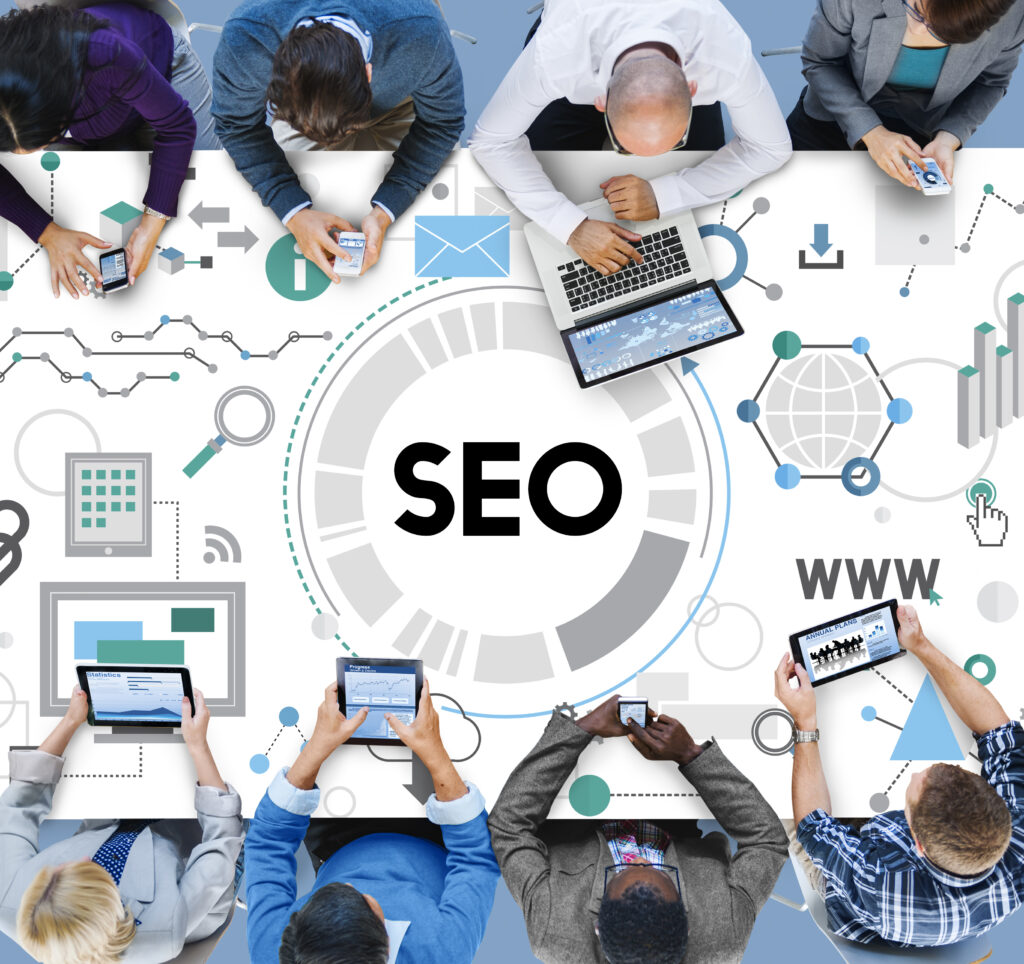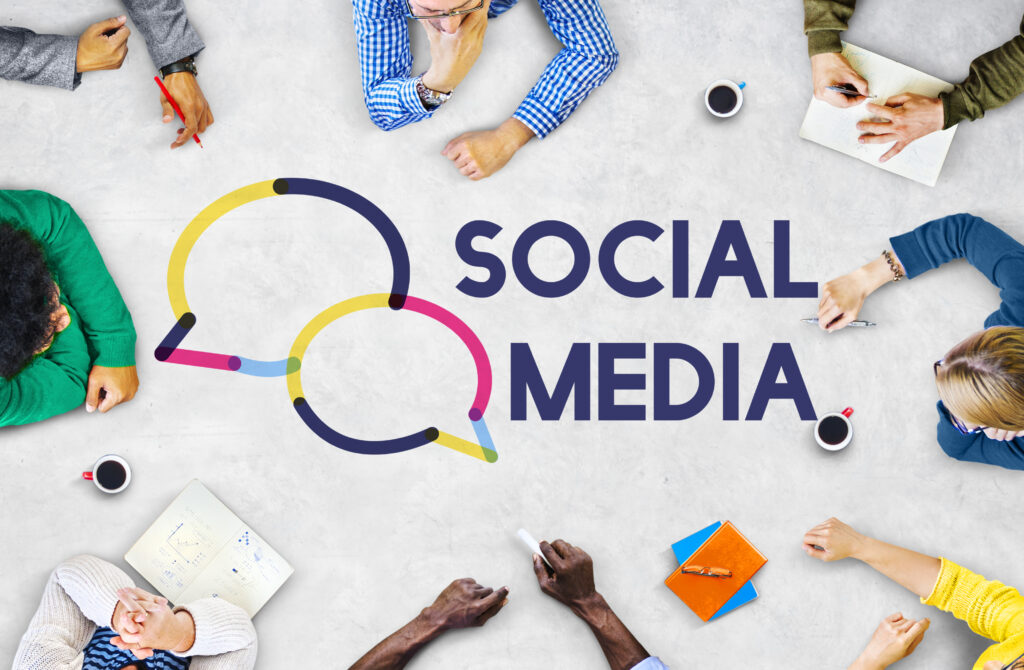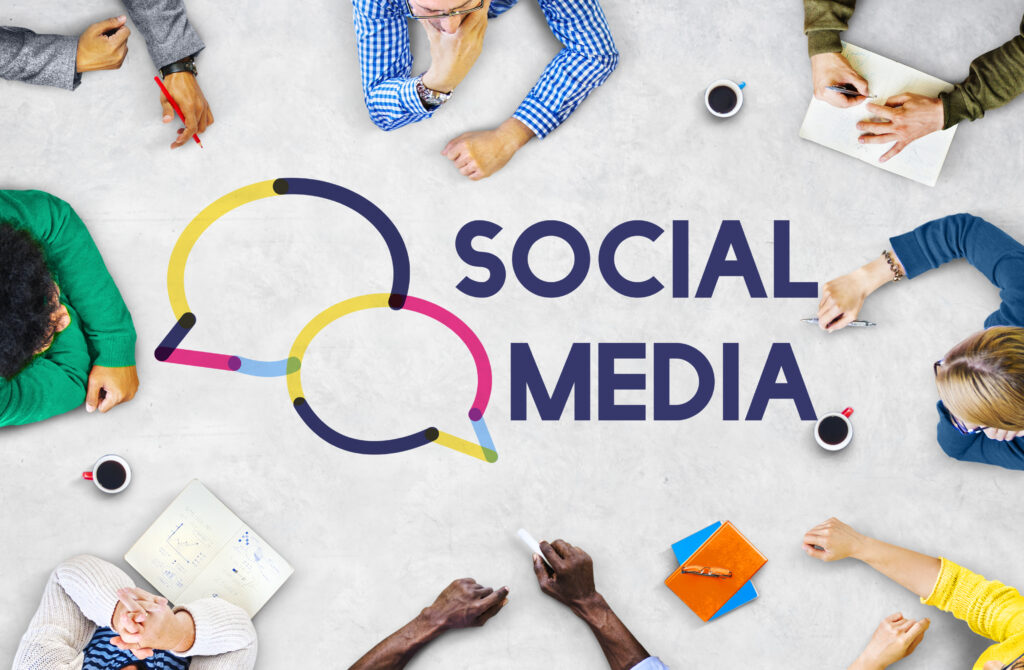Digital Marketing (500 Words)
Digital marketing refers to the use of digital channels, platforms, and technologies to promote products or services to consumers. It encompasses a wide range of online marketing strategies and tools, including websites, social media, search engines, email, mobile apps, and more. The primary goal of digital marketing is to reach potential customers where they spend much of their time: online.
One of the key advantages of digital marketing over traditional marketing is its ability to target specific audiences. Unlike TV, radio, or print ads that are broadcast to a general audience, digital marketing allows businesses to tailor their messages to users based on demographics, behaviors, interests, and even their online activity. This targeted approach increases the effectiveness of campaigns and often leads to a higher return on investment (ROI).
There are several major components of digital marketing:
- Search Engine Optimization (SEO): SEO involves optimizing a website to rank higher on search engine results pages (SERPs) like Google. This is done by using relevant keywords, creating quality content, and improving the site’s technical performance. Higher visibility in search results leads to more organic (unpaid) traffic.

- Search Engine Marketing (SEM): SEM involves paid strategies to appear on search engines. This often includes pay-per-click (PPC) advertising, where advertisers pay each time a user clicks on their ad. Google Ads is a common platform used for SEM.

- Content Marketing: This strategy focuses on creating and distributing valuable, relevant, and consistent content to attract and retain a clearly defined audience. Blogs, videos, infographics, and eBooks are common forms of content marketing.

- Social Media Marketing: Social platforms like Facebook, Instagram, Twitter, LinkedIn, and TikTok are powerful tools for engaging with audiences. Businesses use these platforms to promote products, share content, and build relationships with customers.

- Email Marketing: Email is one of the oldest and most effective forms of digital marketing. It allows businesses to send personalized messages directly to a user’s inbox, often used for promotions, newsletters, and customer retention.

- Affiliate and Influencer Marketing: These involve partnering with individuals or other companies who promote a business’s products in exchange for a commission or compensation. Influencer marketing has become especially popular with the rise of social media.

- Mobile Marketing: With the widespread use of smartphones, mobile marketing ensures that marketing efforts are optimized for mobile devices. This includes mobile-friendly websites, SMS campaigns, and in-app advertising.

Digital marketing also emphasizes analytics and data tracking. Tools like Google Analytics help marketers measure how users interact with their websites and campaigns, providing insights into user behavior and campaign performance. This data-driven approach allows marketers to continuously optimize their strategies for better results.
In conclusion, digital marketing is a dynamic and essential part of modern business. It enables brands to reach their audience in a more personal, targeted, and cost-effective way than traditional marketing. As technology and consumer behaviors evolve, digital marketing strategies continue to grow and adapt, making it a crucial skill for businesses and marketers alike.
